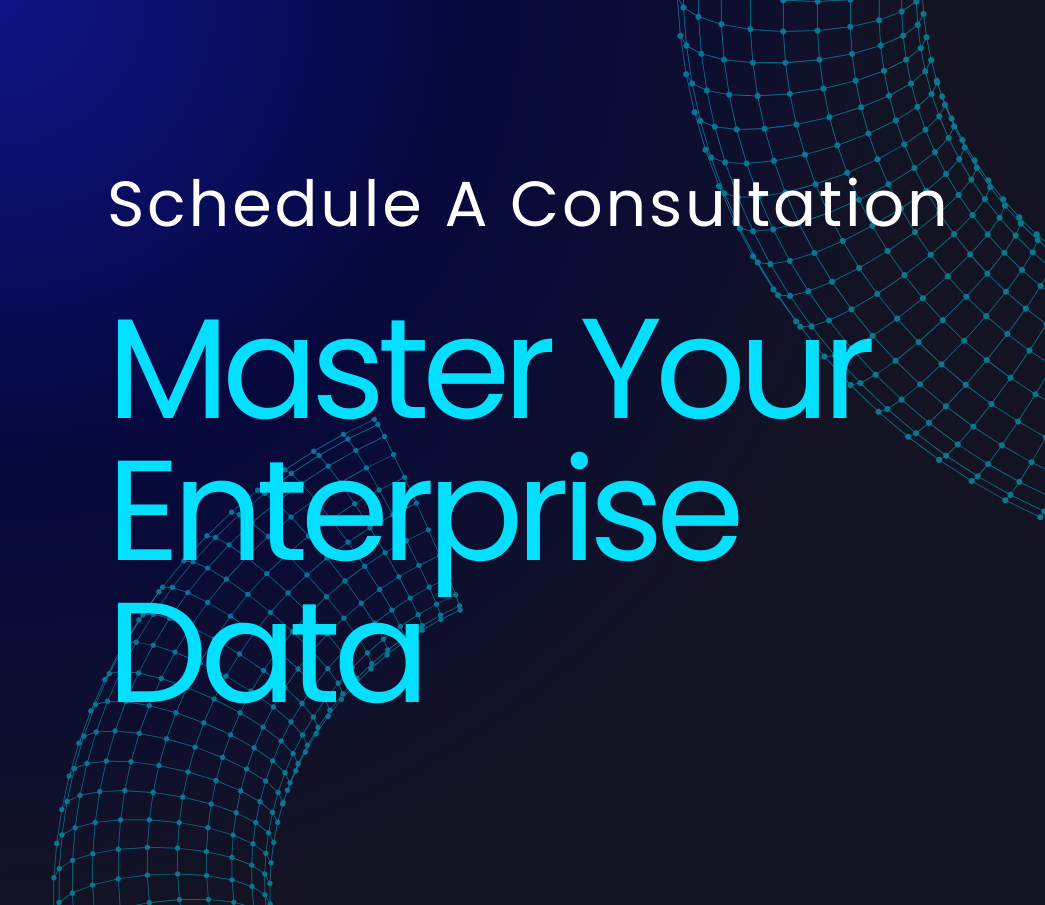In the realm of enterprise decision-making, a seismic shift is underway. The traditional approach of relying on intuition and fragmented data is rapidly giving way to a new paradigm: data-driven ROI models. This transformation isn’t just a trend; it’s a fundamental reimagining of how businesses perceive value and make choices in an increasingly complex world.
Consider this: a recent study by NewVantage Partners revealed that while 91.9% of leading companies report ongoing investments in big data and AI, only 26.5% claim to have created a data-driven organization. This glaring gap isn’t just a statistic—it’s a wake-up call. It suggests that while companies are pouring resources into data capabilities, they’re struggling to translate this into actionable, ROI-driven decision-making processes.
But why does this matter? In today’s hyper-competitive landscape, the difference between market leaders and also-rans often comes down to the quality of their decisions. And increasingly, quality decisions are those backed by robust, data-driven ROI models. These models aren’t just spreadsheets with more numbers; they’re dynamic systems that process vast amounts of data to provide actionable insights.
As we stand on the cusp of this data-driven revolution, it’s worth pondering: what does the future of enterprise decision-making look like? How will these models reshape our understanding of value? And most importantly, how can businesses navigate this transformation to stay ahead of the curve? This article dives into these questions, exploring the anatomy of data-driven ROI models, their impact on strategic planning, and the challenges and opportunities they present for the future of business.
Overview
- Data-driven ROI models are revolutionizing enterprise decision-making, shifting from intuition-based approaches to data-informed strategies.
- These models integrate vast amounts of data, leveraging advanced analytics and AI to provide real-time, actionable insights for more accurate and timely decisions.
- The transformation impacts strategic planning, evolving it from a periodic exercise to a continuous process with enhanced scenario planning and resource allocation capabilities.
- Implementation challenges include data silos, skill gaps, and cultural resistance, but innovative solutions are emerging to address these hurdles.
- The future of decision-making may include AI-powered predictive engines and augmented reality interfaces, raising new ethical considerations and challenges.
- Data-driven ROI models are expanding our understanding of business value, incorporating intangible assets, sustainability impacts, and organizational agility into decision frameworks.


















